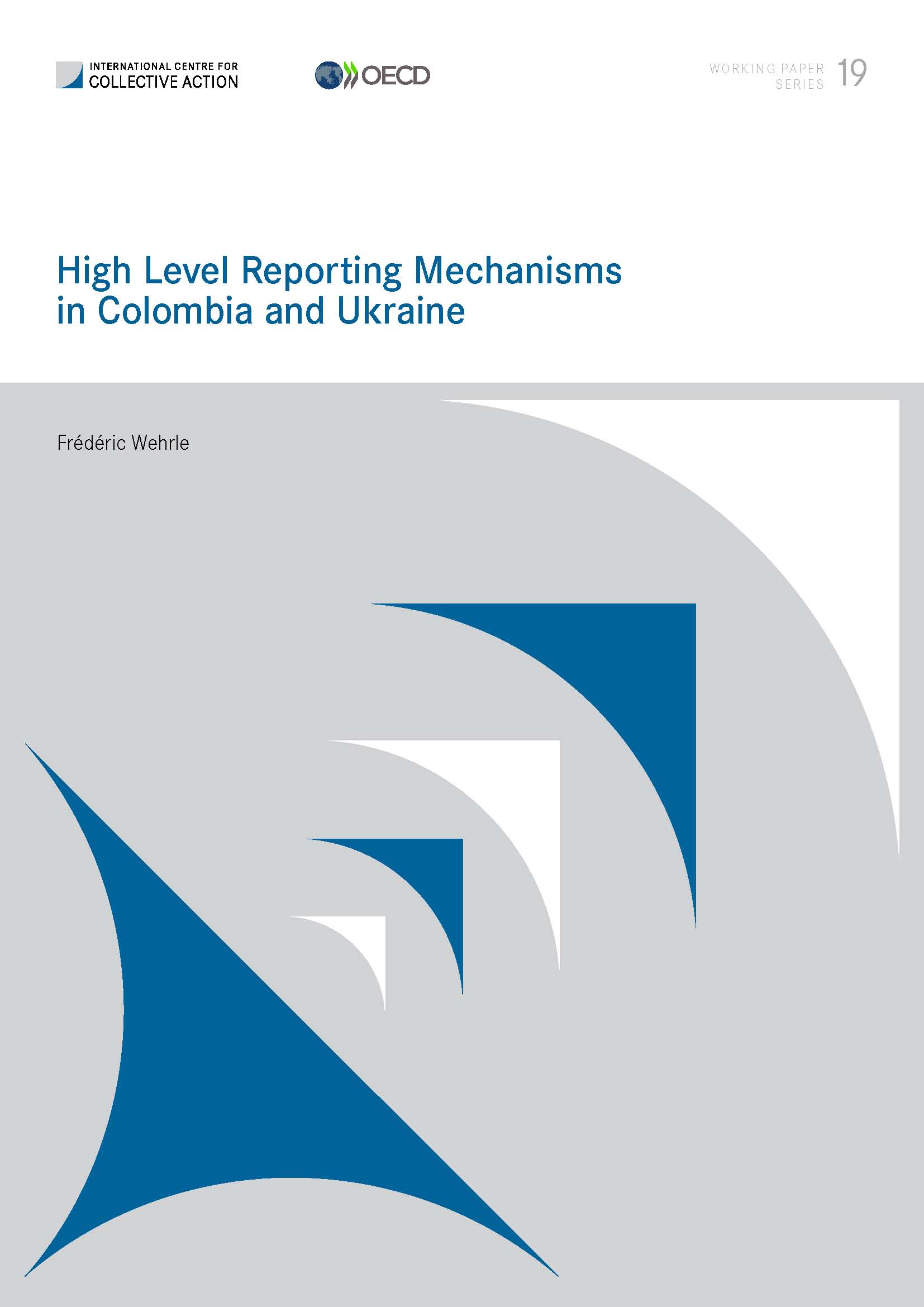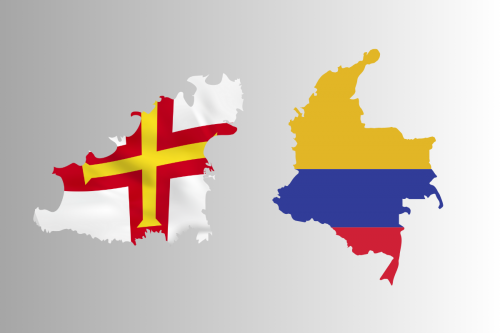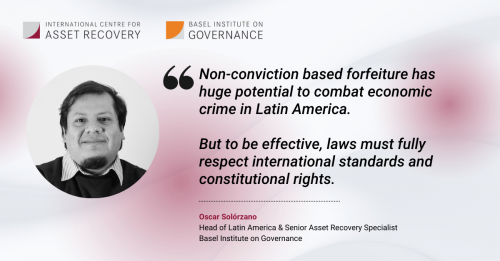Working Paper 19: High Level Reporting Mechanisms in Colombia and Ukraine
The responsibility for governments to address bribe solicitation derives from internationally recognised anticorruption standards all of which prohibit the ‘demand side’ of bribery, namely, the solicitation by a public official of an undue advantage.
So far however, most governmental anti-bribery efforts have focused on the offering or giving of bribes by companies and their employees. They have neglected practical solutions to support companies that are faced with explicit or implicit demands for bribes when dealing with public administrations, for example in the context of public contracts, business licensing or tax audits. Unless they pay these bribes, companies may risk losing business or face obstructions to doing business.
The concept of high level reporting mechanisms (HLRM) has been devised to help address this gap experienced by companies that are solicited for bribes or subject to other forms of extortion and unfair treatment. Two countries have pioneered the concept so far, namely Colombia and Ukraine.
This paper describes the underlying purpose and principles of the HLRM, reviews how this was translated into national mechanisms in these countries, and offers some initial comments on the lessons learned.
About this Working Paper
This paper is part of the Basel Institute on Governance Working Paper Series, ISSN: 2624-9650.
Links and other languages




